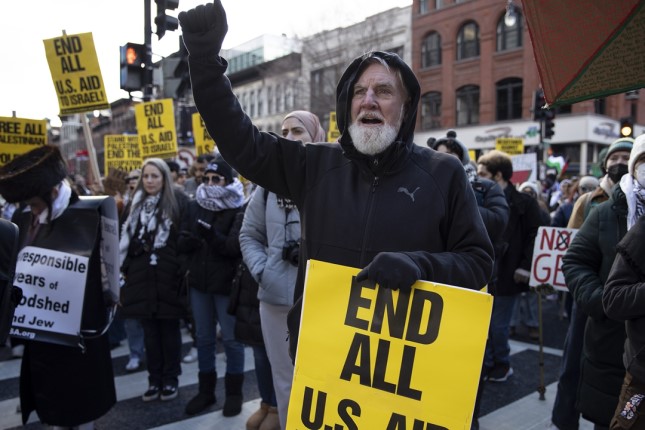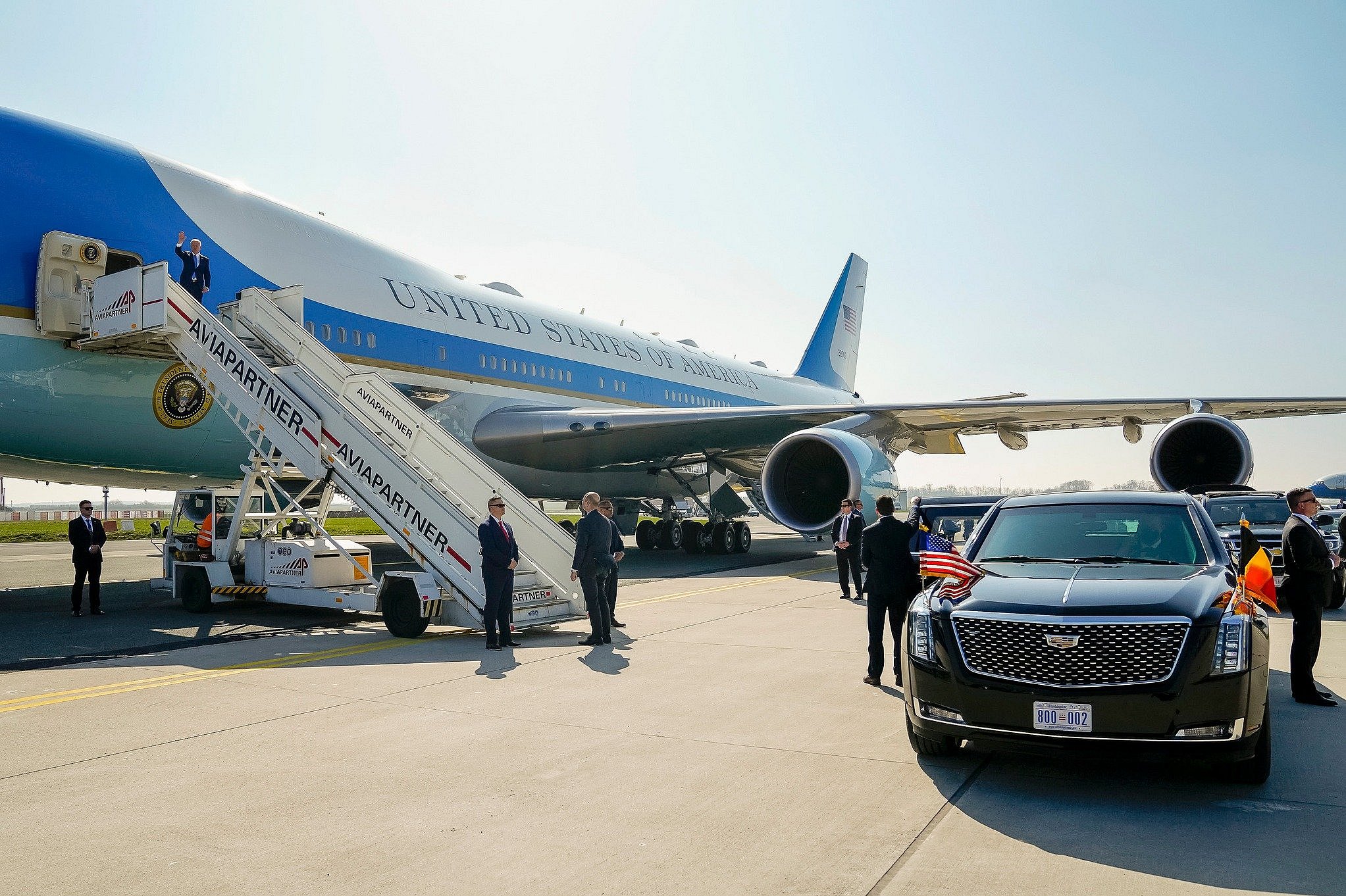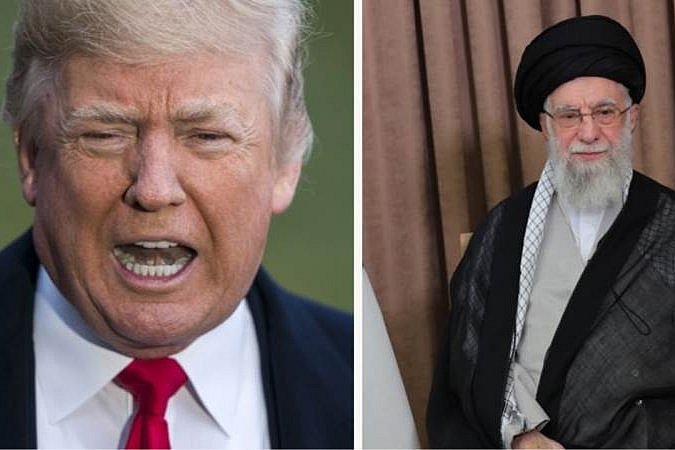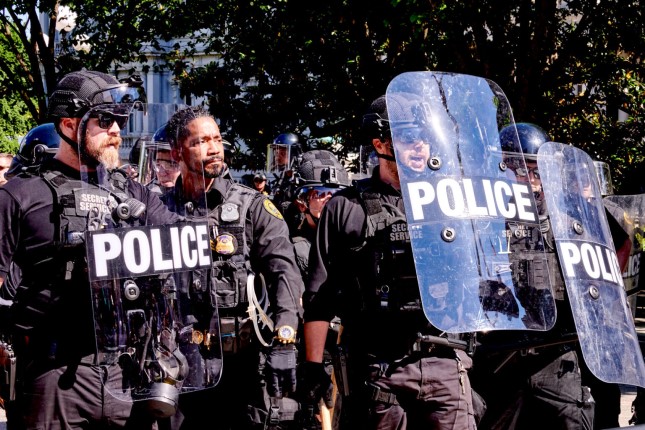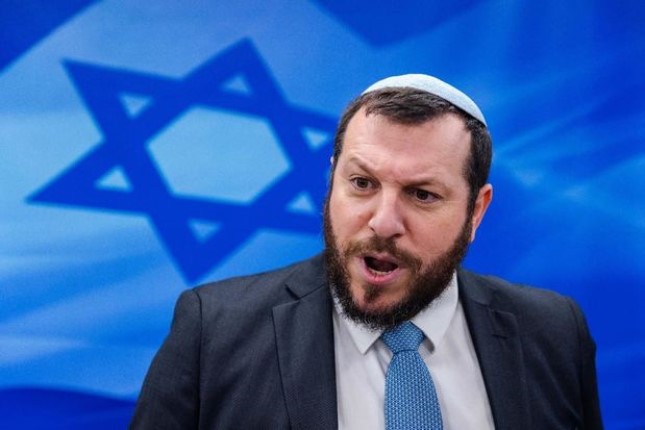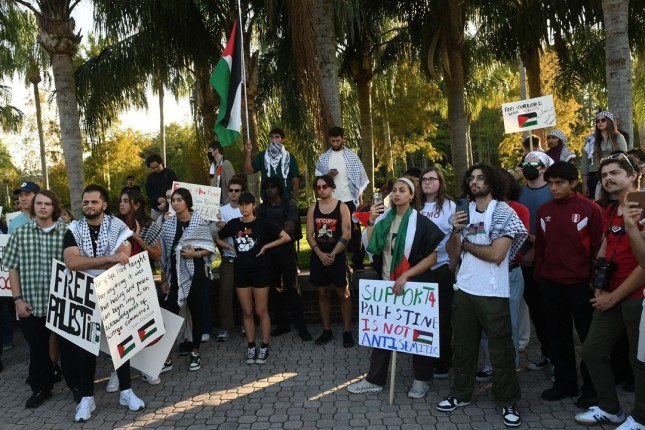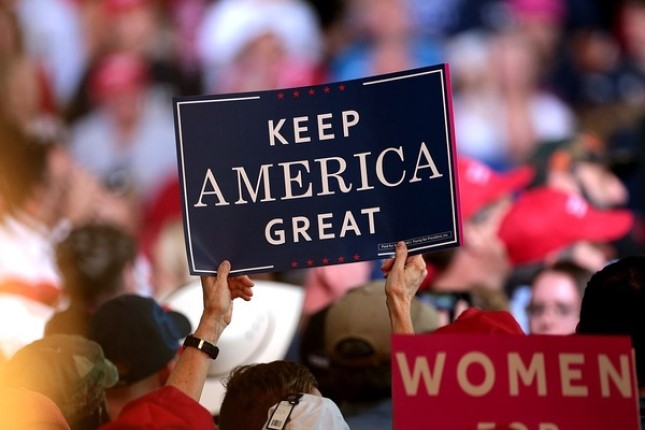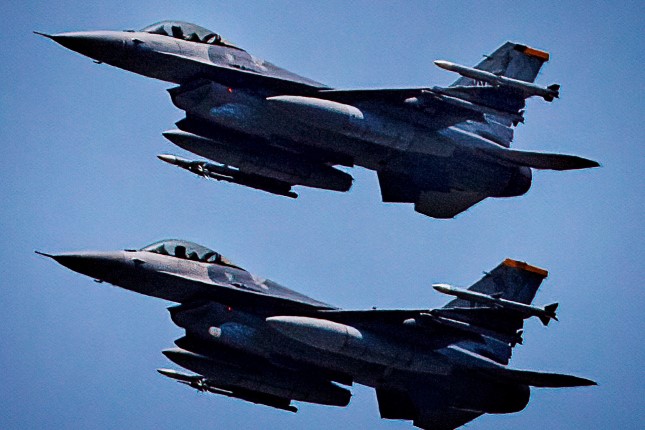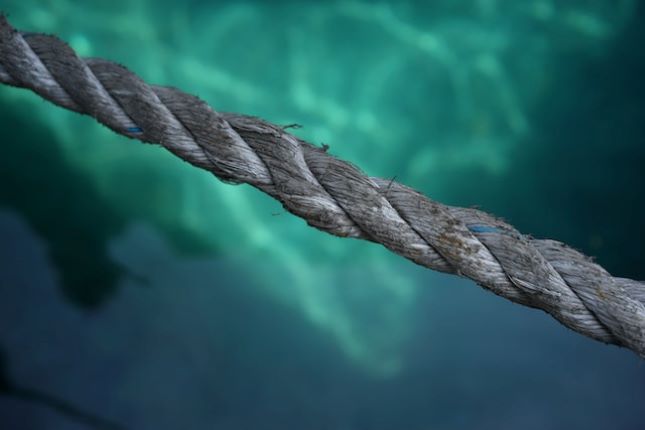However, Chinese analysts said Washington is still reluctant to exert full pressure on Israel to stop the bloodshed but only imposes limited diplomatic pressure to respond to calls from the international community. US military aid is key for Israel to continue its attack in Gaza, and as long as the Biden administration maintains the military supplies to Israeli forces, the change of words about diplomatic language won't bring any significant change, experts noted.
Mao Ning, a spokesperson of the Chinese Foreign Ministry, said at a routine press conference on Monday that "China is closely watching the developments in Rafah. We oppose and condemn acts against civilians and international law. We call on Israel to stop military operations as soon as possible, do everything possible to avoid casualties among innocent civilians and prevent a more devastating humanitarian disaster in Rafah."
According to Reuters on Tuesday, 26 EU countries warned Israel on Monday against launching an offensive in Rafah that they said would deepen the catastrophe of some 1.5 million refugees crammed into the city on the southern edge of Gaza.
Changing term
Under the rising pressure from the international community, the US has also proposed a UN Security Council draft resolution on Gaza calling for a "temporary cease-fire" in the Gaza conflict and warning against an Israeli ground incursion into Rafah, CNN reported on Monday. According to the text of the US-proposed draft, the US is calling for a "temporary cease-fire in Gaza as soon as practicable," which falls short of the wishes of most other Security Council members who want an "immediate cease-fire."
The move came after the US signaled it would veto on Tuesday an Algerian-drafted resolution — demanding an "immediate humanitarian cease-fire" — over concerns it could jeopardize talks between the US, Egypt, Israel and Qatar that seek to broker a "pause in the war" and the release of hostages held by Hamas, Reuters reported on Tuesday.
The US, which has traditionally protected its ally Israel from UN actions, has repeatedly resisted calls for a "cease-fire," emphasizing what it claims is Israel's right to defend itself following Hamas' attack on October 7, 2023. It has also voted against at least two Security Council resolutions on the war, CNN reported.
Mei Hualong, an expert on Middle East studies at Peking University, told the Global Times on Tuesday that the US did make some changes on its term, "but we still need to pay attention to whether US Congress would pass the bill to provide more aid to Israel."
Wang Jin, an associate professor at the Institute of Middle Eastern Studies at Northwest University, echoed that "the US does have power to restrain Israel, but it is just reluctant to use it. The military aid is the most important leverage for Washington to impose pressure on the Netanyahu administration, but now the US only wants to impose pressure via the diplomatic channel."
As long as the US maintains its military aid to Israel, the change of term about "temporary cease-fire" is meaningless, Mei said. The previous resolutions passed by the UN Security Council have failed to bring sustainable cease-fire, Mei said. "The latest attitude of the Biden administration is like a response to the call from some Democratic Congress members and American voters, but it's too early to say it would bring any significant impact to the Gaza situation."
Difference between Israel and US
"Israel can't even agree on the term proposed by the US, such as temporary cease-fire," Wang told the Global Times on Tuesday. When the US wants Israel to avoid causing civilian casualties, Israel only cares about forcing Hamas to surrender, and it believes that any call for cease-fire will give Hamas a break and make it more difficult for Israel to achieve a full military victory in Gaza.
Israel has threatened to invade Gaza's southernmost city of Rafah by the Muslim holy month of Ramadan, which begins March 10, if the remaining hostages are not released by Hamas, NBC News reported on Tuesday. Israeli Prime Minister Benjamin Netanyahu vowed to "finish the job" in Gaza as cease-fire talks stalled, with Netanyahu instead saying a hostage release "can be achieved through strong military action and tough negotiations."
Israel has described Rafah as the last remaining Hamas stronghold in the territory and signaled that its ground offensive may soon target the town on the southern edge of the Gaza Strip, the AP reported on February 13. Israel says about 100 hostages remain in Hamas' captivity after dozens were freed during a cease-fire in November.
Analysts said what the US-called "temporary cease-fire" which, based on the agreement of releasing hostages, is not reliable and very difficult to sustain, because once the hostages are all released, the conflict will break out again, and Israel and Hamas have no mutual trust, and the lesson in November 2023 has already proved that the process of hostages and prisoners swap can only happen for a few days. The sustainable peace can only be realized by "immediate cease-fire" rather than a "temporary" one, they said.
Photo: People protest in Washington, DC to urge the US to end military aid to Israel and call for an immediate cease-fire on February 17, 2024. The United Nations' highest court will open historic hearings on Monday on the legality of Israel's 57-year occupation of lands sought for a Palestinian state © IC.
Source: The Global Times.
